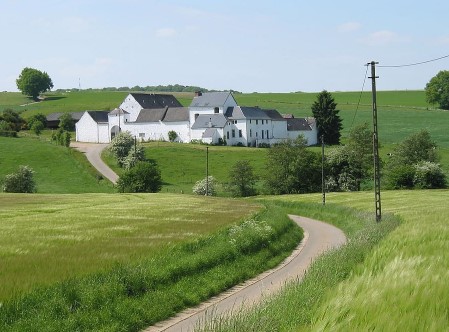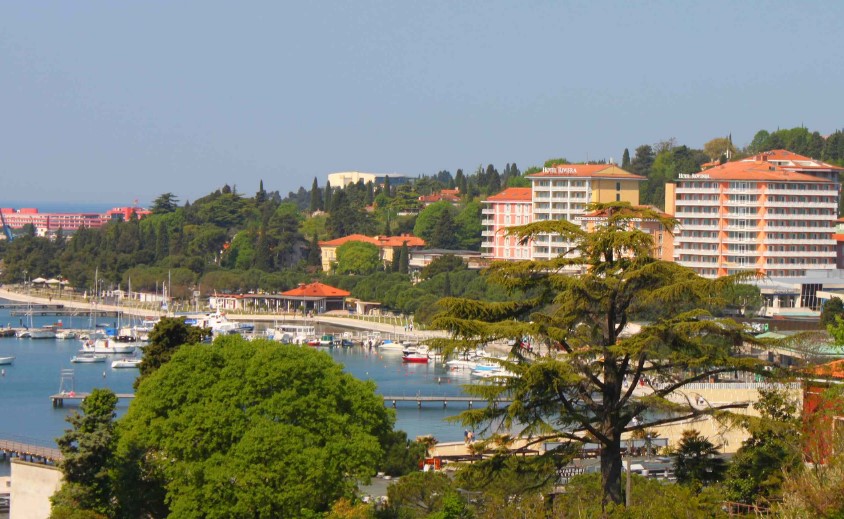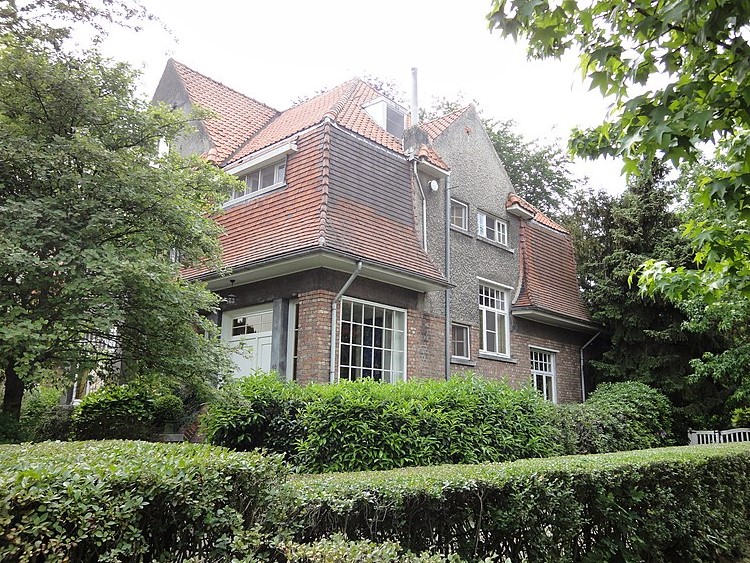Belgium Tax Rate for Houses
Belgian property owners are obliged to pay at least 6% of the เว็บแตกง่าย cadastral value of their properties in taxes. This is carried out by an agency called Vlaamse Administratie der Belastingen (Flemish Administration of Taxes). The average tax rate for houses in Belgium is somewhere around 3% – 5%, while French communities require on average a 1,5% taxation on non-residents. Property owners are taxed only once annually, though it’s possible to opt for monthly payments. The cadastral value of your home depends mainly on its surface area but also on the estimated market value and location.

Foreigners should note that they are automatically assigned to a municipality when buying property in Flanders (https://www.bluehomes.com/Immobilien-Belgien/B/de/debut.html), even if they (or their forwarding agent) choose otherwise. While it’s possible to opt out, this has to be executed before the registration of the purchase deed with the Belgian authorities and will require a long administrative process. However, as an automatic taxpayer, you benefit from special tax rates applicable only on your principal place of residence in Flanders.
- Annual property taxes can vary from 0% to 9%. The average is around 2% – 3% on non-residential properties and up to 9% on secondary residences.
- Tax exemptions or reductions are provided for various categories of people including older people, disabled persons and those who have lived in a home for more than 15 years if they have no other rental income except for social rent assistance.
- Rates of the annual property taxes are adjusted on a yearly basis, usually in April. For Belgian properties, you can easily obtain this information by contacting your local Flemish administration office, but if your house is located in the Walloon region contact the Communauté urbaine de Liège instead.
- Tax rates for second homes or rental income from holiday homes range from 0% to 2%. In most cases this applies only to principal residences and not secondary ones. However, foreigners who have lived in their present home for more than 15 years may be able to apply for a reduced taxation on their secondary residence even though it’s not their primary one.
Real estate prices are skyrocketing in Belgium. That is not a surprise for anyone who has been following the real estate market lately. Real estate bubbles are popping up all around the world, but the Belgian market seems to be defying gravity by now. On average, house prices have increased with at least 5% each year since 2012 and according to the National Bank of Belgium (NBB), this trend will continue. The recent years’ spectacular development in terms of price increases has exposed risky behavior on the side of both sellers and buyers alike, which might cause problems down the road if left unaddressed sooner than later. …

Read also next article: Exciting Spots Near Portorož Real Estate Properties
Slovenia is undeniably starting to enjoy the flock of bigger crowds of tourists from different parts of the world. And if you care to do some research, you will know the logic behind this. If you have ever seen photos of Portorož real estate properties, you’ll even be more convinced to stay here for good.
The housing market boom is fueled by several factors which include: Low interest rates, A strong economy, An increasing population Easier mortgages (for now), Low supply of houses on the market, Belgium’s tax system favors real estate investments over any other type. But there are also some crucial issues beside the obvious risks for buyers and sellers alike. Those will be discussed next. First off, anyone who has ever bought or sold a property in Belgium will testify that the level of bureaucracy involved is nothing short of staggering. It can take forever to get anything done, especially when you are not familiar with the system.
In an ideal world, everyone would be honest and there would be no need for safeguards against fraudsters and whatnot. However, we don’t live in an ideal world and avoiding problems before they happen can save you a lot of headache later on . The exception proves the rule though: compared to most other countries in Europe, Belgium has a reasonably clean reputation when it comes to buying and selling property.
That means that the demand for real estate is higher than ever before. Real estate investment is an important part of financial planning not only for individuals but also institutions such as banks and insurances companies. And with interest rates still at historic lows, investing in real estate looks attractive compared to other types of investments. But simply saying ‘invest’ is too broad: people who invest in real estate do so for two reasons: capital appreciation or rental income . Because most would-be buyers aren’t interested in the day-to-day business of running a rental property , they go after capital appreciation instead which means they buy properties purely based on expected price increases . Because the market is so hot right now, this strategy seems to work perfectly fine for the time being.
Capital appreciation is tied to nominal prices, that is prices without any inflation adjustment included. So what happens when interest rates eventually rise again? Well, everything depends on how high the interest rates are going to be in four or five years from now. If rates go back up moderately, people will simply adjust their expectations accordingly and keep buying as if nothing has happened. But if rates go back up by a lot (think 4-5%) then not only will people have to pay more each month for their mortgages but equity gains made before will fall behind as well because of inflation adjustments .
And speaking of inflation adjustments: real estate investments are highly inflation-sensitive. If the inflation rate is lower than the interest rates, you can come out ahead in real terms when selling your property. But when inflation is higher than your real return after taxes and expenses, you will actually lose money if these conditions remain unchanged in five years’ time .
That means that anyone who bought a house lately with nothing but capital appreciation in mind should at least take some rental income into consideration as well. Rental yields are still quite decent (4-5%), especially compared to other countries in Europe which makes this strategy attractive again because it provides an alternative source of income for buyers .
As we see it, there are two things which could derail this whole process: Interest rates rise significantly in the next 5 years, especially sooner rather than later. Inflation stays low , well below interest rates in fact.
In the first case, you would expect property prices to fall in real terms although they might still rise in nominal terms which would be a weird situation indeed . In the second case, property prices will remain stable or continue going up because there is no reason for buyers to adjust their expectations accordingly when inflation doesn’t change anything .
To summarize this lengthy article: There’s no doubt that demand for property continues to grow while supply remains stagnant . This means that property prices will go up again in the future. Interest rates being at historic lows doesn’t seem to have any impact on this trend yet but it could become problematic if these conditions change .
Rental income is another factor to consider when buying property which might be of interest for some investors. Rental yields are still attractive compared to other countries but might decline in the future if more companies relocate their employees to Belgium.
